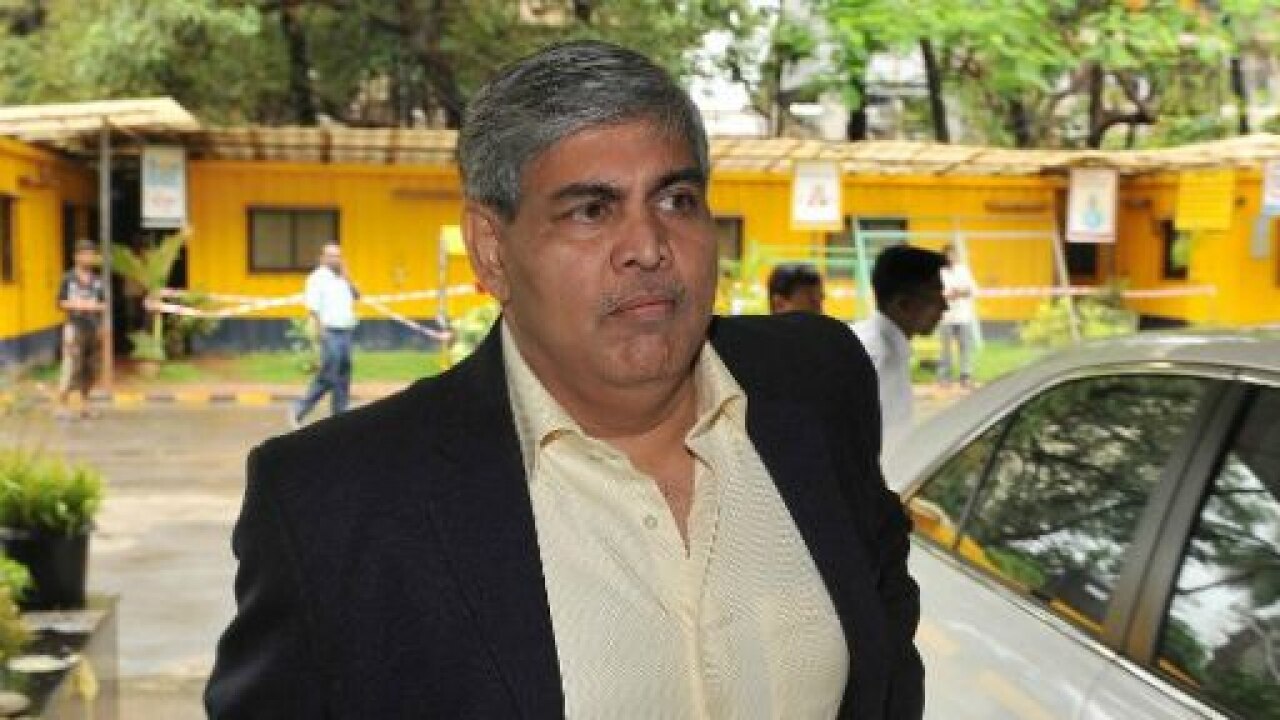
In the highly politicised, sickeningly wealthy and largely unaccountable body like the Board of Control for Cricket in India (BCCI), Shashank Manohar has managed to earn the sobriquet Mr Clean. That’s no mean achievement, especially when you owe your rise in the cricketing world to one of the shrewdest politicians in the country. That said, now is the time for Manohar to wield that broom and clean up the mess in Indian cricket.
Averse to cellphones, watches and computers, Manohar is as quirky as they come. Elected unopposed to the most powerful post in the game for the second time last Sunday, Manohar made all the right noises in his first press conference. From requesting the media to help change the perception of the BCCI to making an impassioned plea to the oft-ignored fans, the Nagpur-based lawyer started his ‘second innings’ on expected lines. “Give me two months and not a day more, and you may question me if I fail to deliver,” he said after listing out an ambitious but implementable 10-point ‘Operation Clean-up’. More than a little later.
The BCCI is a cozy club which doesn’t like to be questioned on matters of propriety, unless, of course, the questioners happen to be justices of the Supreme Court. Courtrooms — that’s where most of the major decisions on Indian cricket have been taken for more than two years. The court-appointed Justice RM Lodha Committee has suspended the two erring franchises — Chennai Super Kings and Rajasthan Royals — and their respective owners for misdeeds committed in the 2013 edition of the Indian Premier League (IPL). The eminent jurists will, by the end of the year, propose administrative reforms in the BCCI.
Manohar, whose father VR Manohar is a former advocate general of Maharashtra, occupied the big chair from 2008 to 2011. In fact, most of the issues facing the BCCI now have their origins in his first stint. This includes, giving Lalit Modi a free hand to run his billion-dollar baby and backing the idea of allowing N Srinivasan — first treasurer, then secretary — to own an IPL franchise, courtesy a constitutional amendment. For the record, even Prime Minister Narendra Modi, then president of the Gujarat Cricket Association (now headed by BJP president Amit Shah and run by his son, Jay Shah) was party to this collective decision.
It’s a different matter, though, that Manohar has been the most vocal critic of the BCCI in the last two years. From slamming Srinivasan the “autocrat” who is the “root of all scandal in the BCCI” to suggesting that the IPL should not be played till the system is cleaned up, Manohar has hogged the headlines.
Now is this chance. His 10-point agenda is promising but how swiftly he puts them into practice is crucial: appointing an ombudsman or ethics officer to address conflict of interest issues; seek the help of a government-run investigative agency for on-field corruption issues; appointing an independent auditor to check the books of the BCCI and its associations; uploading the BCCI constitution and balance sheet on the website; revive the National Cricket Academy (which is now a glorified infirmary); offer central contracts to women cricketers; make old records of the BCCI (financial and otherwise) available; successfully conduct the 2016 ICC World Twenty20; abstain from casting the chairman’s vote in BCCI meetings; abstain from using the president’s discretionary powers